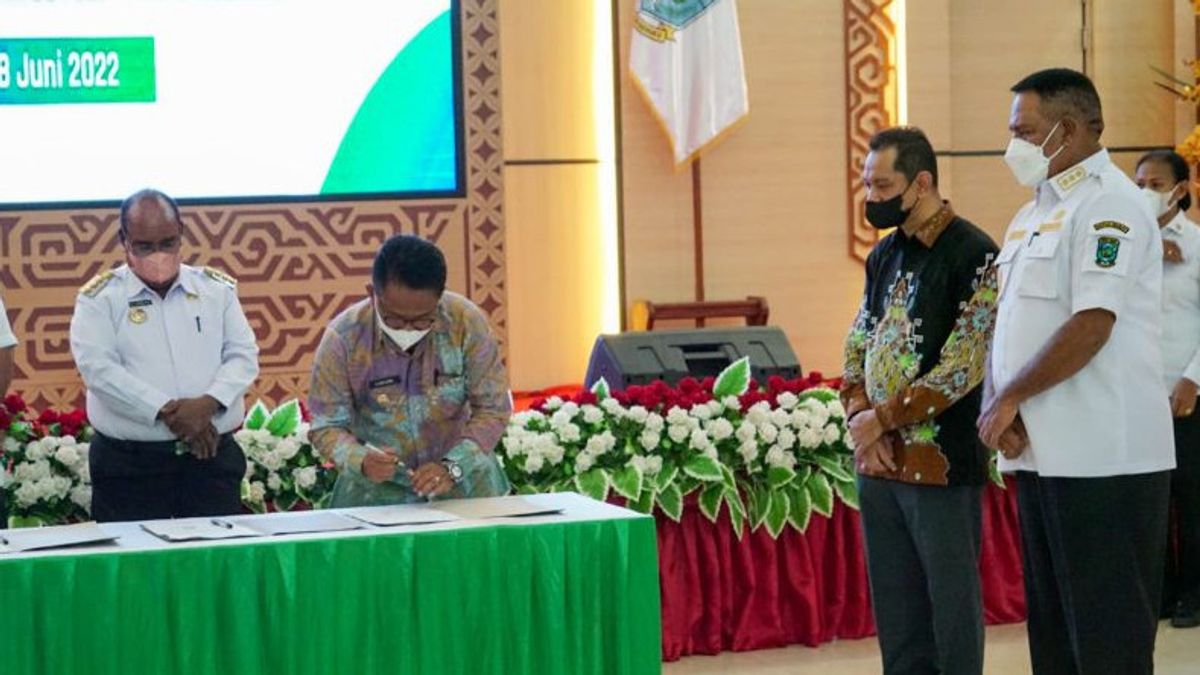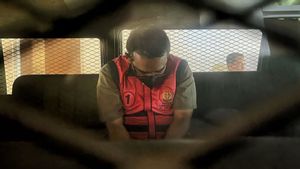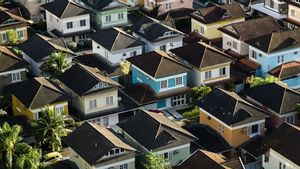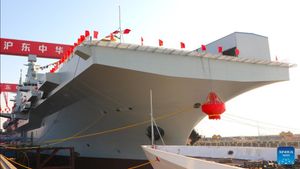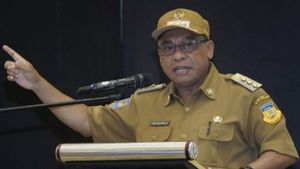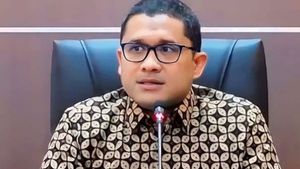MANOKWARI - The Corruption Eradication Commission (KPK) encourages the implementation of development in the West Papua Province to be clean and free from corruption.
Deputy Chairperson of the Corruption Eradication Commission, Nurul Ghufron, in a coordination meeting for the Integrated Corruption Eradication Program throughout the Province of West Papua, asked the local government to strengthen the synergy in eradicating corruption in order to build and prosper the people.
He said the KPK came to Bumi Cendrawasih this time in order to become a friend, because this forum is a place for discussion to build West Papua to be free from corruption.
Ghufron also reminded governors, regents and mayors throughout West Papua as regional heads that they have an important role to play as pioneers in eradicating corruption. This is also a commitment to carry out the people's mandate by staying away from corrupt practices.
"Corruption is one of the actions that can hinder development and have a direct impact on people's welfare," he said, as quoted by Antara, Wednesday, June 8.
He also asked the leaders in West Papua to maintain the people's trust by managing their natural resources wisely.
Ghufron said Papua has a very rich nature so it needs good management and away from corruption to make it enjoyable not only now but also in the future.
Natural wealth is a gift from generation to generation. Such as gold, copper, wood, biodiversity, and all the natural wealth contained in them must be jointly maintained and passed on to future generations.
"So that the children and grandchildren of the Indonesian nation can continue to use it," said Ghufron.
Acting Governor of West Papua Paulus Waterpauw in his speech explained that to fight corruption, the government together with the KPK had signed a joint commitment on an integrated corruption eradication program within the West Papua government.
According to Paulus, corruption is a very bad act and the impact will be detrimental to the children and grandchildren of Indonesia's successors. On that basis, he asked the leaders in West Papua to unite and work together against corruption based on community service.
Inspector II Inspector General of the Ministry of Home Affairs, Ucok A. Damenta, who gave a separate statement, explained that to achieve the above objectives, it was necessary to develop and supervise the implementation of regional government.
This needs to be done efficiently and effectively to increase regional capacity in order to support the implementation of concurrent government delegates in accordance with the provisions of laws and regulations.
"Regional capacity is governance capacity or in this case is bureaucracy," said Ucok.
He said there are four efforts to prevent corruption in local government. First, digitizing government administration in the process of procurement of goods and services, administrative service systems, and transfer and promotion staffing service systems.
Second, mapping the potential for corruption in government organizations to develop a prevention system. The third is fixing the management of ASN together with Kemenpan and BKN, making a better and transparent ASN recruitment system, creating a merit system and talent management for directed ASN self-development.
Fourth, create a better system to make meetings more effective and efficient, avoid physical meetings that create transactional opportunities, create systems that make the image of the institution better.
The English, Chinese, Japanese, Arabic, and French versions are automatically generated by the AI. So there may still be inaccuracies in translating, please always see Indonesian as our main language. (system supported by DigitalSiber.id)
